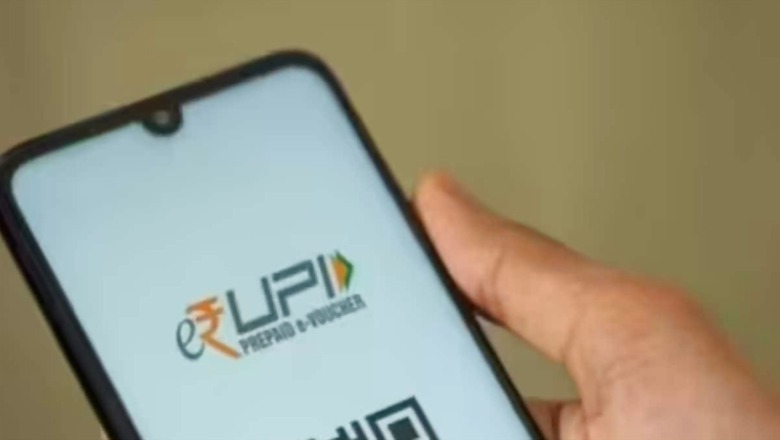
views
Prime Minister Narendra Modi in his recent visit to the UAE announced the extension of the service of the UPI payment system in UAE which is a significant development not only between India and the UAE, but in the West Asian region as a whole. India’s relations with the West Asian region could not realise the true potential immediately after independence, owing mainly to the countries of the region being bound by their obligatory Muslim solidarity with Pakistan. This, however, has changed dramatically over the past two decades, especially after the 9/11 incident and the global war on terror.
India’s West Asia policy is rooted in four important pillars that include the people, energy security, trade and security. It was in 2005 that the then Prime Minister Manmohan Singh formulated the ‘Look West’ policy and then in 2014, PM Modi announced the need for ‘Link West’ along with the ‘Look East’ Policy.
Within the region, it is UAE which has slowly emerged as India’s key partner and a trusted ally. UAE, by its location and its stature in the region, forms a key pillar of India’s West Asia policy. UAE is an integral part of all-important regional forums including the GCC, Arab League etc. It is also part of the I2U2 or the West Asia Quad comprising India, Israel, the US and the UAE.
India’s bilateral relations with the UAE rest on three important pillars including trade and investments, energy and the Indian community in UAE. The landmark agreement CEPA (Comprehensive Economic Partnership) signed on February 18, 2022, laid the foundation for an exponential increase in trade and economic partnership and is an example of a special relationship between the two nations.
The recent development concerning the UPI affects international banking and finance systems at their most fundamental level. This involves two elements: cross-border financial transactions and associated payments, as well as the cross-border establishment of premises. There are many international agreements signed to make the international banking system more effective. The International Banking law was also developed to stop large amounts of bank fraud. Banking law involves a wide number of private agreements among the private parties.
In recent years, there has been an explosion in both types of activity and, with it, the need for international agreements as to how the business of international banking and finance should be conducted. These agreements which are signed among the sovereign countries are enforced using domestic legislation. There are three purposes.
First, they may serve to facilitate the conduct of cross-border business. In this category, one finds agreements on technical standards, standardised contracts (master agreements), codes of conduct, harmonised accounting and disclosure standards, arrangements for cross-border payment, netting and custodial services, and a wide range of legal conventions and agreements governing financial services in general.
Second, international agreements may have as one of their objectives the deliberate expansion of cross-border competition in banking and finance. The General Agreement on Trade in Services and the OECD Codes of Liberalisation are examples of agreements in this area, as are the relevant directives in European Union Legislation and the financial services clauses of the FTA and NAFTA.
The third purpose of international agreements is to promote or maintain financial stability. The Basel Committee on Banking Supervision is certainly the best known of these committees, while the Euro-currency Standing Committee is certainly the oldest, having been set up in the early 1960s to monitor and assess the implications of the newly established Euro-currency markets.
Finally, the Committee on Payment and Settlement Systems has in recent years helped establish policies designed to ensure the continued functioning of such systems even under duress.
Going forward, the need of the hour is to take steps to ensure the security of such banking transactions as threats may arise that need a cooperative and collaborative security model.
Abhinav Mehrotra is Assistant Professor and Dr Biswanath Gupta is Associate Professor at OP Jindal Global University. Views expressed in the above piece are personal and solely that of the author. They do not necessarily reflect News18’s views.

















Comments
0 comment